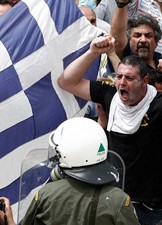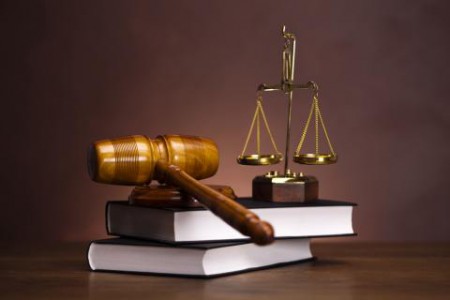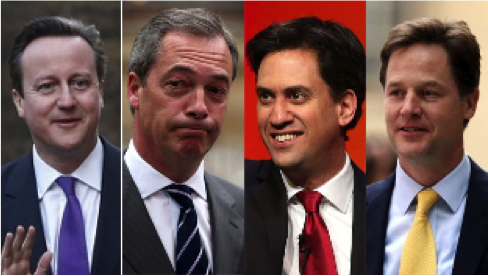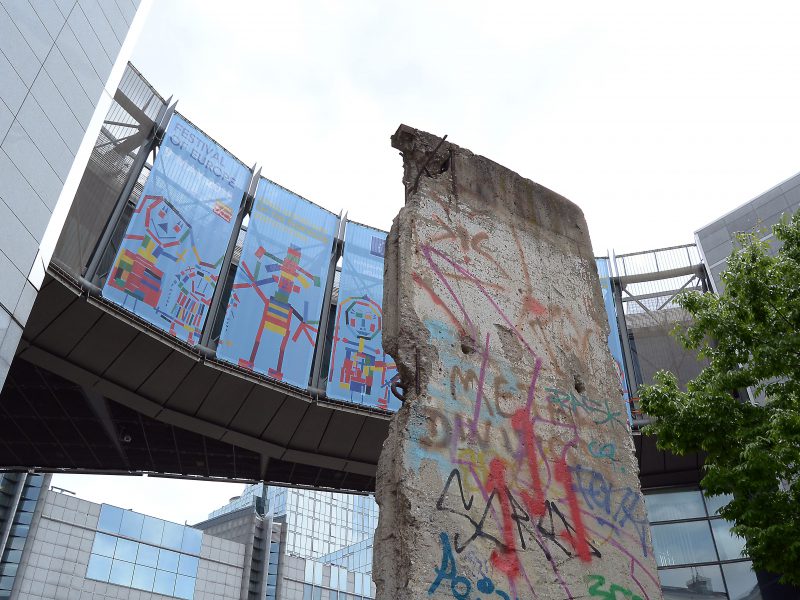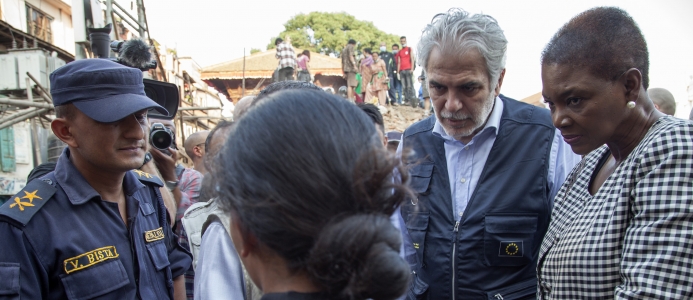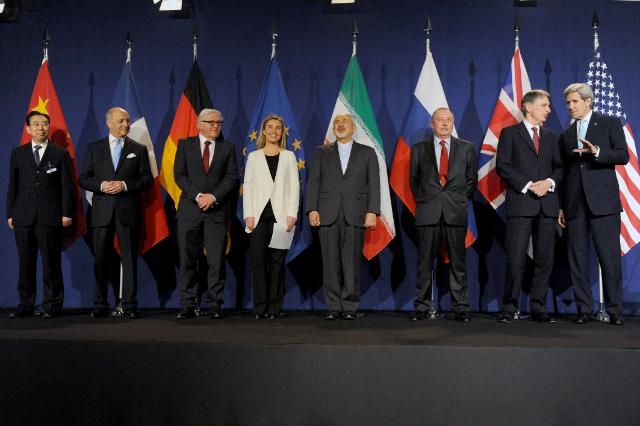Change of Paradigm? or what is at stake in Spain´s local elections
This Sunday Spain goes to the polls. Municipal councils and the governments of most of Spain´s autonomous regions (not Catalonia and the Basque Country, though, which hold their regional elections on different dates) are up for grabs. Beyond the local impact, what everybody is watching for in these elections is the likely redistribution of Spain´s nationwide political preferences, in anticipation of the general election due before the end of 2015. A political earthquake may be in the making with long-lasting consequences for Spain, and for Spain´s input into the European integration process.


